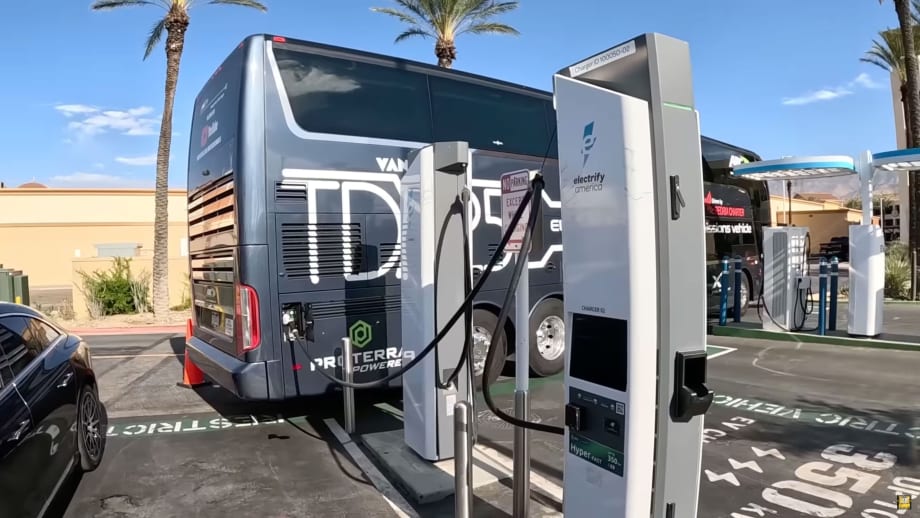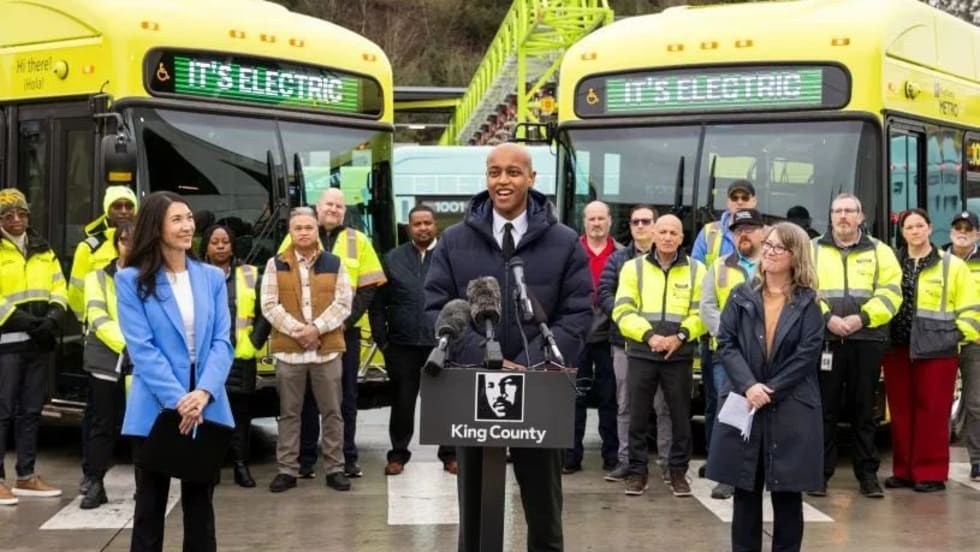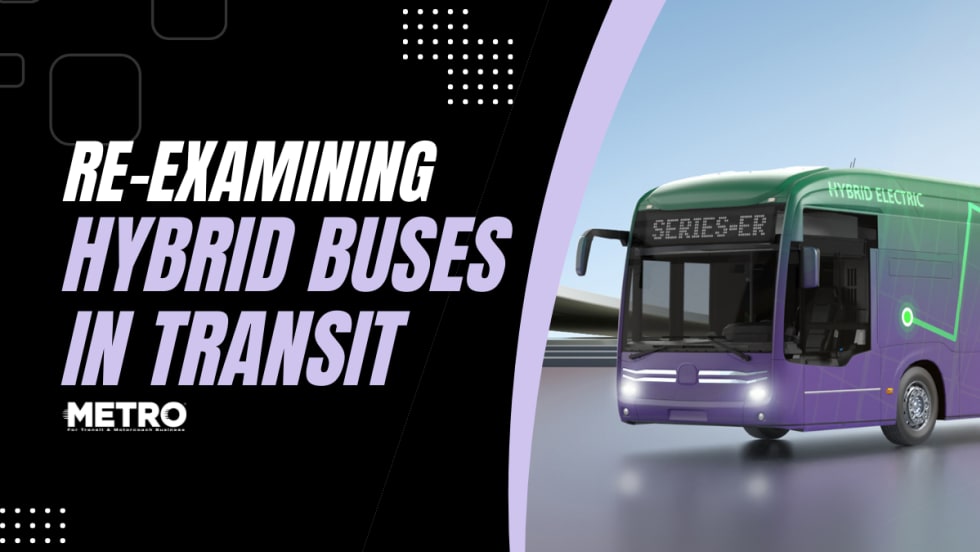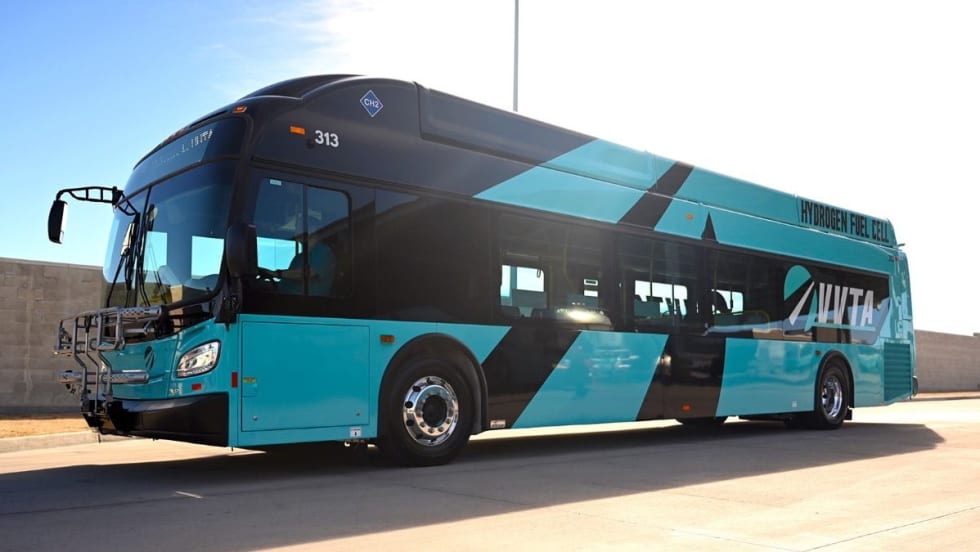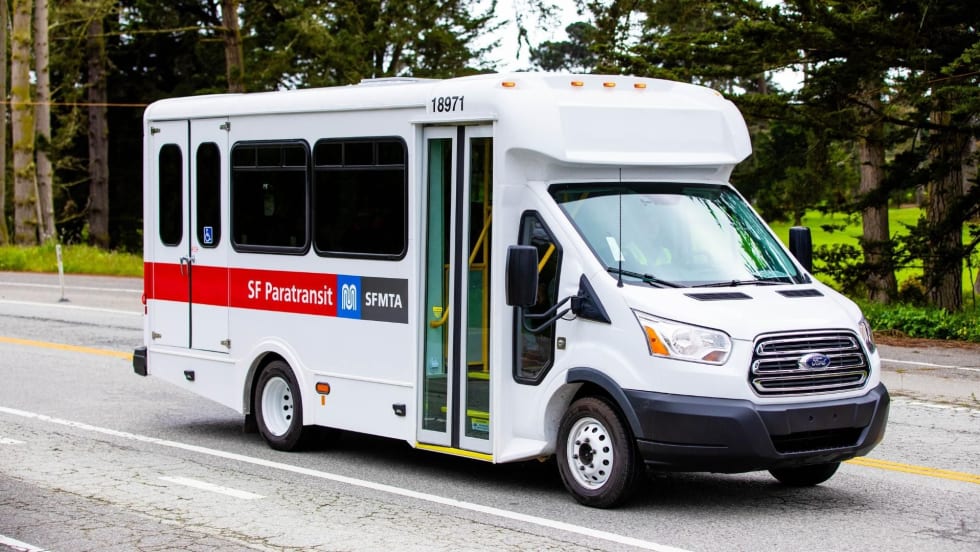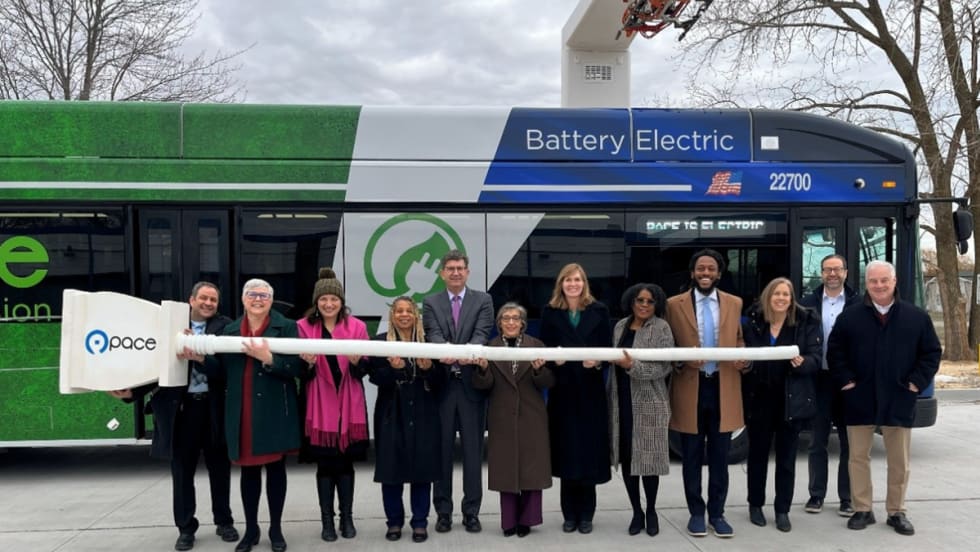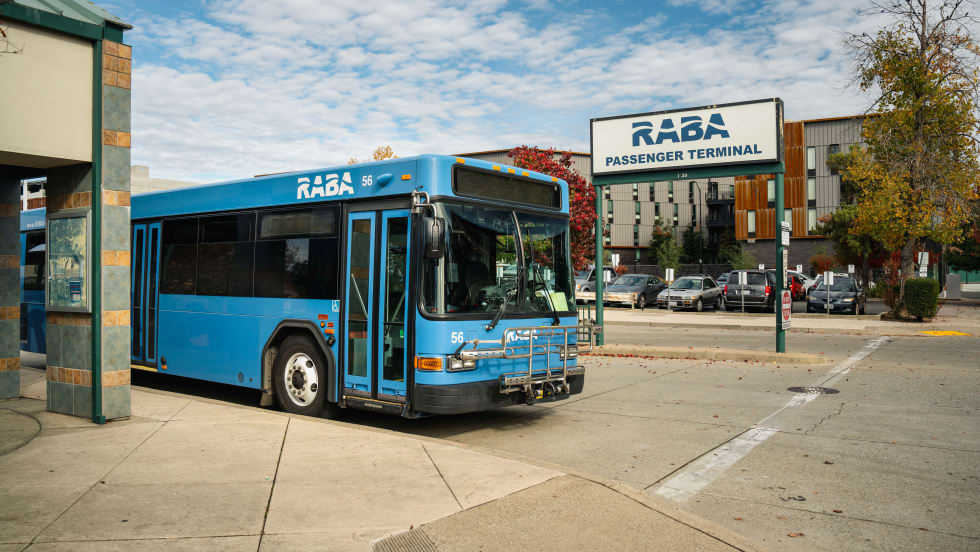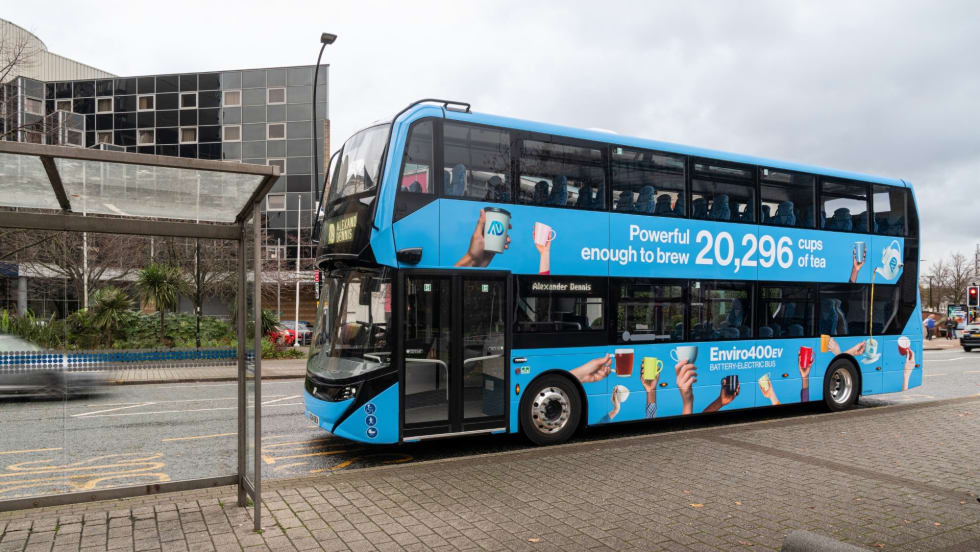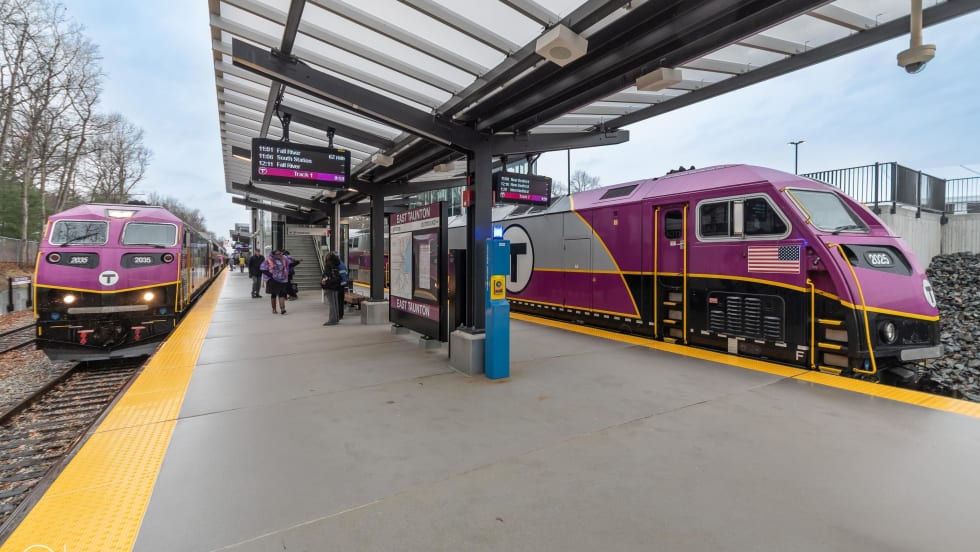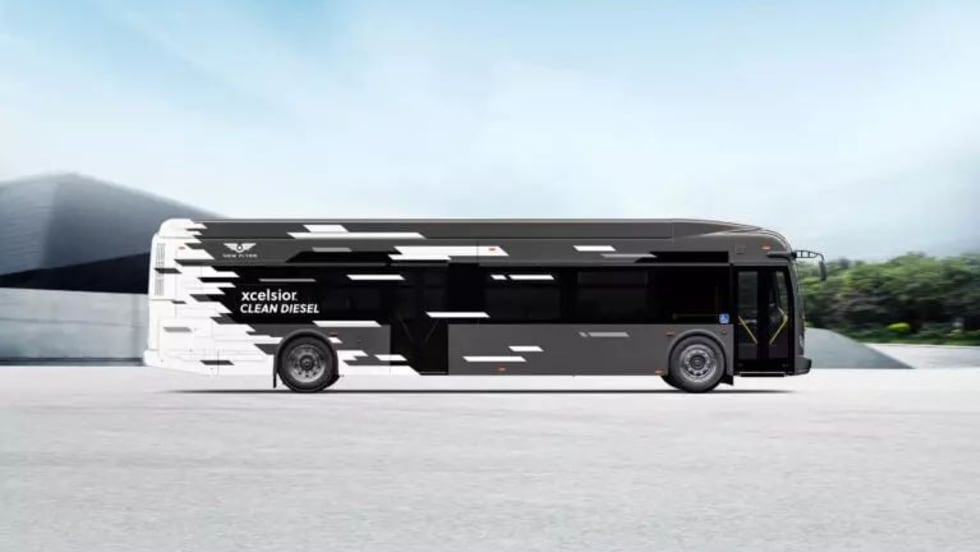Full electrification of the U.S. commercial fleet would require nearly $1 trillion in infrastructure investment alone, according to “Forecasting a Realistic Electricity Infrastructure Buildout for Medium- & Heavy-Duty Battery Electric Vehicles,” a new report from Roland Berger released by the Clean Freight Coalition.
The study forecasts a realistic infrastructure buildout for the electrification of medium- and heavy-duty commercial vehicles, exposing what the CFC calls a massive investment gap as state and federal policymakers mandate increased adoption rates of battery-electric commercial vehicles.
The CFC, which consists of several transportation stakeholders across the trucking and motorcoach industries, such as the American Bus Association (ABA), the American Trucking Association (ATA), and others, says policymakers must address these cost concerns and infrastructure hurdles to ensure that an electrified supply chain functions smoothly for the American economy.
Electrification Report Findings
According to the report, preparing the current commercial vehicle fleet for electrification would cost the trucking industry over $620 billion solely in utility and infrastructure expenses. This includes the installation of specialized chargers, electric service upgrades, and facility enhancements.
Additionally, utility companies would need to invest $370 billion to upgrade grid networks to meet the demands of just commercial vehicles.
It is important to note the estimated $1 trillion expenditure does not account for the cost of new battery-electric trucks, which market research suggests can be two to three times more expensive than their diesel-powered counterparts.
"Forcing the transportation sector to transition to electric vehicles, without considering the totality of what’s involved, makes no sense,” said Peter Pantuso, president and CEO of the ABA. “This study is a wakeup call and should change the conversation. The U.S. bus industry has a strong environmental record, taking cars off the road and reducing congestion. We’ll continue to support climate initiatives, but they need to be grounded in reality, and the reality is: charging infrastructure has a long way to go before EV transition can succeed."
The study found that while medium-duty vehicles will face fewer roadblocks, economic and operational constraints make electrification challenging for the heavy-duty segment.
Furthermore, the study outlined the significant improvements in battery range and charging infrastructure capabilities needed to support a path for the electrification of long-haul vehicles.
"This study thoroughly examines the issues surrounding infrastructure buildout necessary to electrify commercial vehicles, and clearly shows how the heavy-duty vehicle industry’s needs are vastly different not just from other sectors of our economy, but from each other,” said CFC Executive Director Jim Mullen. “I want to thank the team at Roland Berger for so clearly outlining the challenges electrifying our supply chain poses as the industry and nation continue working toward our shared goal of reducing trucking’s impact on the environment."
Creating Effective Regulations
The CFC has a history of working closely with federal regulators to develop effective regulations. They argue that the current regulation negatively affects the environment and road safety.
Many motor carriers are opting to prolong the use of their current vehicle fleets to avoid the high costs associated with acquiring new vehicles and uncertainties in meeting operational needs. However, these older trucks and motorcoaches are less environmentally friendly and pose safety risks compared to newer models.
The report by Roland Berger sheds light on the challenges of transitioning the industry to 100% Battery Electric Vehicles (BEVs), emphasizing the significant capital investments and upgrades needed for utility distribution and transmission.
Yet, the potential impact on the nation's supply chain integrity cannot be overlooked. CFC’s stakeholder organizations advocate for policies that support a sustainable and cost-effective transition to zero-emission commercial vehicles while ensuring the integrity of the supply chain. According to the CFC, the EPA's proposed Phase 3 Greenhouse Gas regulation falls short of meeting this policy standard.




